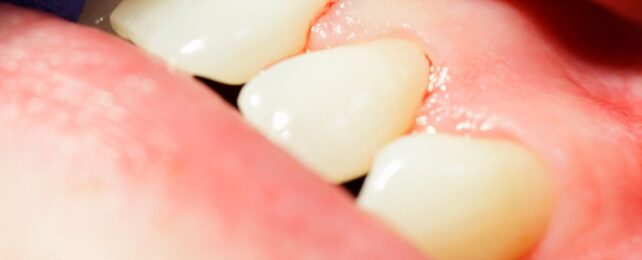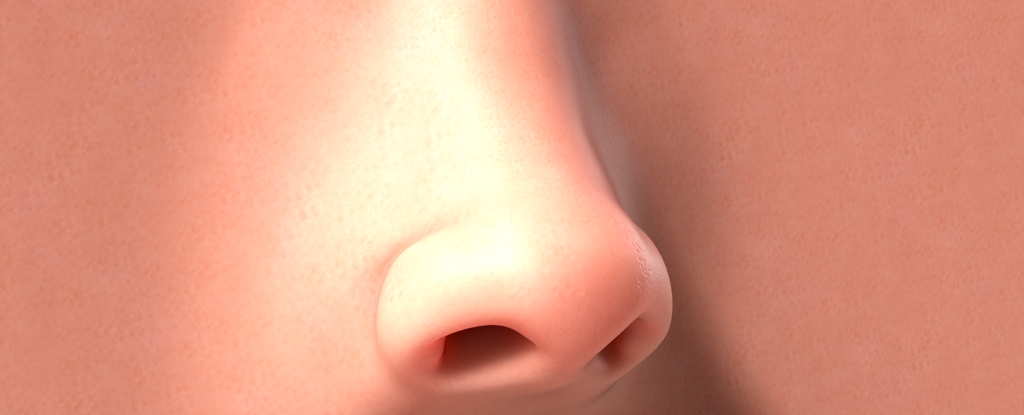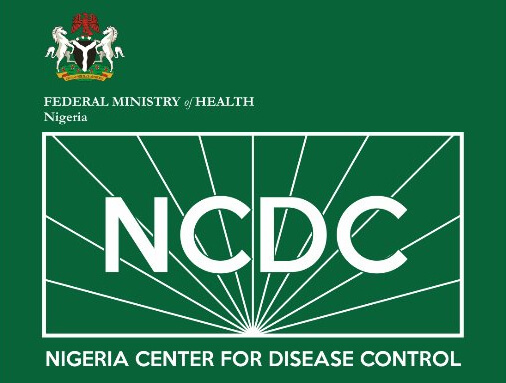Place your adverts here on InfoDig @ low rates; banner ads, sponsored links and guest articles etc. Contact us
 Bleeding gums can be a symptom of scurvy. (RichLegg/E+/Getty Images)
Bleeding gums can be a symptom of scurvy. (RichLegg/E+/Getty Images)
A disease associated with sailors in a bygone era is rearing once more from the depths of history in developed countries. In a recent stark example, a middle-aged Australian was diagnosed with scurvy.
The man sought hospital care for a painful rash on his legs that was accompanied by bruising and swelling. The doctors at Sir Charles Gairdner Hospital ruled out infections as well as inflammatory, immune, and blood disorders.
It wasn't until physician Andrew Dermawan and colleagues questioned the patient further, days into his hospital stay, that the medical specialists discovered financial difficulties had impacted the man's diet.
Scurvy results from a lack of vitamin C. Without sufficient amounts of this vital nutrient, wounds stop healing properly, and capillaries and gums start to bleed leading to loss of circulating blood cells.
The 50-year-old man had early signs of deficiency, with low white blood cell counts and blood in his urine despite not having any current urinary infection.
Such physiological changes can lead to weight loss, joint swelling, physical weakness, depression, and eventual risk of fatal bleeding.
It only takes about four weeks of less than 10 mg/day of vitamin C for symptoms of scurvy to emerge. Luckily treatment is simple, and the patient made a rapid recovery soon after he started taking 1000 mg of vitamin C along with other prescribed supplements.
 Found in fresh fruit and vegetables, vitamin C can also be provided as supplements to reduce the risk of scurvy. (Akaradech Pramoonsin/Getty Images)
Found in fresh fruit and vegetables, vitamin C can also be provided as supplements to reduce the risk of scurvy. (Akaradech Pramoonsin/Getty Images)The man's blood test revealed low levels of several vitamins and no traces of vitamin C at all. He had also ceased taking supplements prescribed after bariatric surgery because he couldn't afford them.
"Our patient had multiple risk factors, namely, poor dietary habits, obesity, previous bariatric surgery, use of proton pump inhibitors and low-income status. His history of iron, vitamin D and folate deficiencies were also clues to his underlying nutritional deficiency," Dermawan and team explain.
Other risk factors for scurvy include eating disorders, smoking, alcoholism, steroid use and kidney problems.
While this is only one example, there have been concerning signs this condition is returning to developed countries for some time now. Cases more than doubled in the UK between 2007 to 2017.
"Scurvy is a re-emerging diagnosis in the current era of a rising cost of living," Dermawan and team warn in their case report.
With food increasing in price by around 3 percent in Australia and nearly 6 percent over the past year in places like the UK, an increasing number of people around the globe on low incomes are being forced to make tough decisions to get by.
"The increasing cost of living means that people are more reliant on lower-cost foods, which tend to be poor in nutritional value," the team's report continues.
These low nutrient foods tend to feel more filling and have a high calorie content, so it makes sense that people struggling with tight budgets would be more likely to rely on them. What may be less well known is that overcooking foods destroys nutrients like vitamin C, making access to raw fruits and vegetables important for maintaining the resources our body needs to function properly.
 The patient's rash. (Dermawan et al., BMJ Case Reports, 2024)
The patient's rash. (Dermawan et al., BMJ Case Reports, 2024)More common levels of vitamin C deficiencies have also been linked to troubles with memory and making decisions in older people. A 2022 study found vitamin C deficiency was associated with cognitive impairments.
"Previous research has shown that vitamin C plays a significant role in the functioning of the brain, with studies finding that vitamin C deficiency may be associated with cognitive impairment, depression and confusion," Flinders University physician Yogesh Sharma said at the time.
"Given we know vitamin C deficiency is common among older hospitalized patients, medical professionals need to remain vigilant for this condition and confirm a patient's vitamin C status in suspected cases."
This case study was published in BMJ Case Reports.















 English (US) ·
English (US) ·